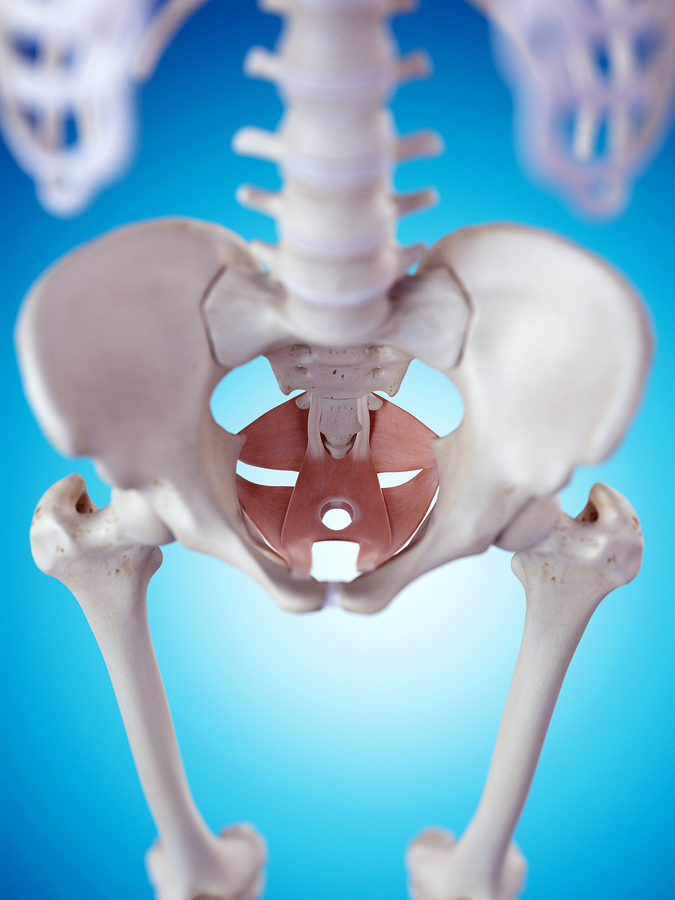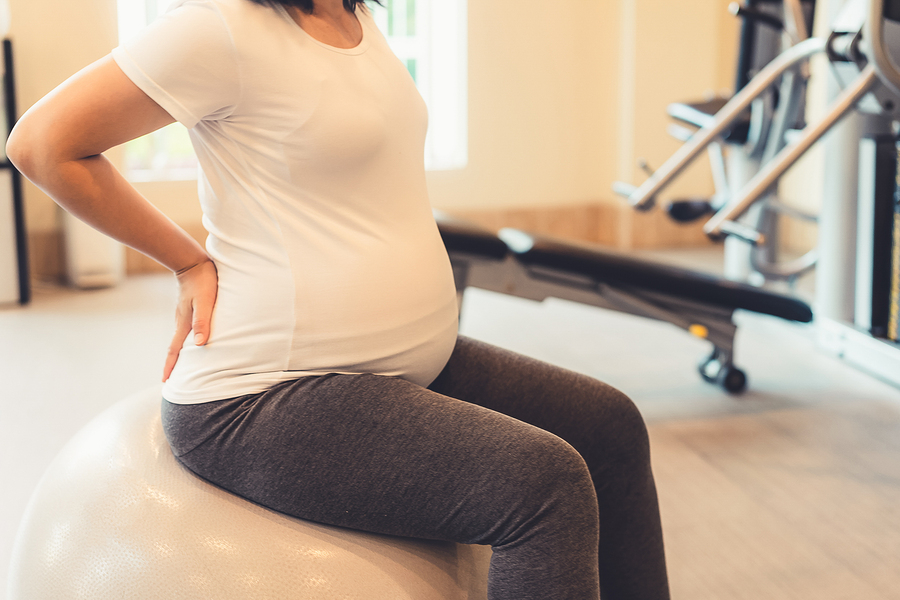The pelvic floor is an important structure in your body.
However, thanks to its behind-the-scenes role, most of us have no idea what it does, or what could happen in the event of problems with your pelvic floor muscles!
Many people – in particular, women – experience pelvic floor problems, some of whom never seek out help for it.
But you don’t have to be one of them – of course, you need to know what the pelvic floor is, first!
Curious? Saddle up – today, our physiotherapists in Highett will explain the ins-and-outs of this often overlooked part of your body…
First thing’s first: what is the pelvic floor?
Located underneath – what else? – your pelvis, the pelvic floor is a network of different muscles and ligaments that all work together to perform the one function.
It’s job is simple: to support and hold up the bladder, bowel, and in women, the uterus.
In addition to supporting each of these important systems, the pelvic floor also plays a role in controlling them as well.
Muscles in the pelvic floor contract and relax as needed, allowing you to control when you, ahem, do your business.
A weak pelvic floor can lead to a range of problems – namely incontinence and prolapse.
Other symptoms include:
- Reduced sensation
- Feelings of heaviness in the pelvic area
- Flatulence
- Tampons that fall out
- Difficulty holding it in
An Highett physio explains the most common reasons behind pelvic floor problems
Okay, so now you’ve heard about the problems that come with a weak pelvic floor courtesy of our physiotherapists in Highett.
Now, for the next question: “why?”
Pregnancy
When you’re pregnant, you carry considerably more weight than usual.
This weight is centred in your uterus, which presses down and weighs on your pelvic floor.
Over the duration of your pregnancy, this additional weight can wear out the muscles and ligaments in your pelvic floor, weakening it and leading to the aforementioned problems and symptoms.
Excluding athletes and tradies, pregnant women and new mums are some of the most common cases our Highett physios receive.
As part of physiotherapy for pregnant women and new mums, we will assess the condition of your pelvic floor and prescribe physiotherapy treatments to restore strength and function to the affected muscles and ligaments.
Childbirth
So you’ve made it to the end of your pregnancy without any pelvic floor issues so far.
Of course, there’s still one more major event coming up before you’re out of the woods!
The childbirth process is the final hurdle – one that can also cause pelvic floor problems by forcing the muscles and ligaments to overstretch far beyond what they’re normally capable of.
It isn’t unheard of to end the big day with pelvic floor problems, which may persist long after childbirth.
Obesity
We all know that obesity comes with a range of health complications – one that few people are aware of however is how it can damage your pelvic floor.
With a higher weight comes a heavier load for the pelvic floor to support.
All this additional weight presses down on the pelvic floor, which can weaken the muscles and ligaments that make it up.
This should resolve on its own after you lose weight – in cases where it doesn’t however, we suggest talking to a physiotherapist in Highett to kick-start the recovery process.
Menopause
Estrogen functions as a regulator of muscle energy metabolism and cell viability. With menopause comes a decrease in estrogen levels – something that has flow-on effects, including muscle weakness.
And that includes the muscles in your pelvic floor.
While not as common, pelvic floor problems can often arise as a consequence of menopause.
Surgery
Some women require surgery to the muscles in the pelvic floor – unfortunately, on occasion the healing process may not go according to plan, leaving you with pelvic floor problems.
As with all other surgeries, physiotherapy can help with the recovery process.
In addition to reducing felt pain, our Highett physios may be able to facilitate the healing process, strengthening the affected muscles and helping to alleviate the side-effects that often accompany a weakened pelvic floor.
And it isn’t just women, either – many men undergo prostate surgery later on in their lives, which may leave them with pelvic floor problems of their own.
And just as with women, physiotherapy can help by rebuilding strength in the muscles and ligaments of the pelvic floor.
How physiotherapy can help with pelvic floor problems
As most cases of pelvic floor problems are to do with muscle weakness, the most common course of action for our physiotherapists in Highett is to rebuild strength in your pelvic floor muscles with targeted exercises.
First, we focus on identifying the specific muscle and where it’s located in your pelvic floor.
Once we know this, we can get to work, prescribing targeted exercises and workout routines to rebuild your pelvic floor.
The pelvic floor is set up differently between men and women, so the specific exercises we prescribe will vary.
In addition to gender, your physiotherapist will also take into account your specific needs when tailoring an exercise program for your pelvic floor problems.
We’ll also develop a personalised take-home routine that you can go through between sessions to sustain your results and minimise the chances of your pelvic floor problems making an unwelcome return.
Call a physiotherapist in Highett for your pelvic floor problems
At the end of the day, your pelvic floor is just another system of muscles and ligaments.
Just like muscles and ligaments elsewhere in your body, it can weaken or become damaged given the right circumstances.
And just like other cases of muscle dysfunction, it’s something that physiotherapy may be able to help with!
With our deep understanding of the musculoskeletal system, our Highett physio team can help with all sorts of muscle problems, including pelvic floor weakness and dysfunction.
Whether it’s the muscles in your pelvic floor that are causing you issues or a muscle elsewhere in your body, our physiotherapists in Highett can:
- Identify the root cause of the problem
- Prescribe unique solutions, including lifestyle and postural adjustments
- Sustain your results, and stop your pain or musculoskeletal problem from returning
If you want to make pain-free your default, our Highett physios may be able to help. Find out how by calling (03) 9525 6077 or click here to book online.

 1300 392 552
1300 392 552


Leave A Comment